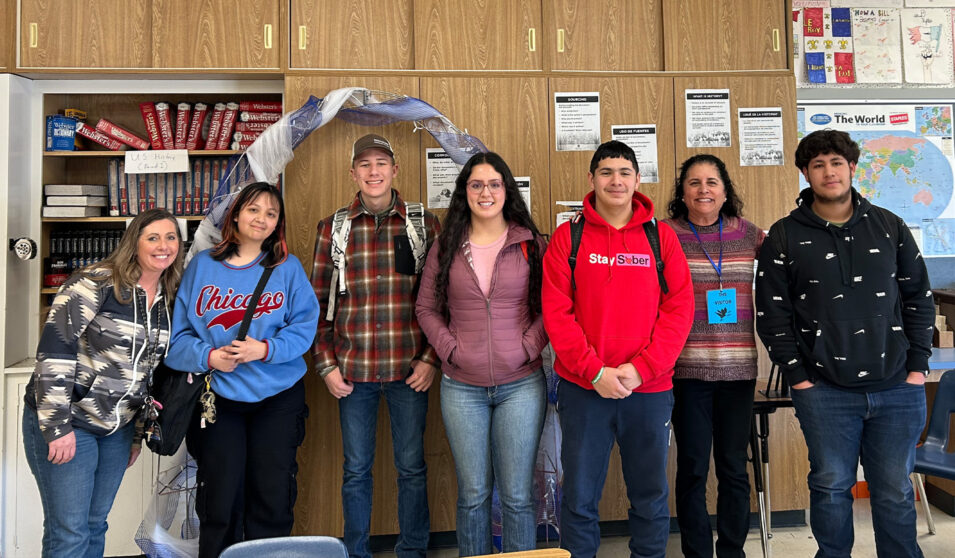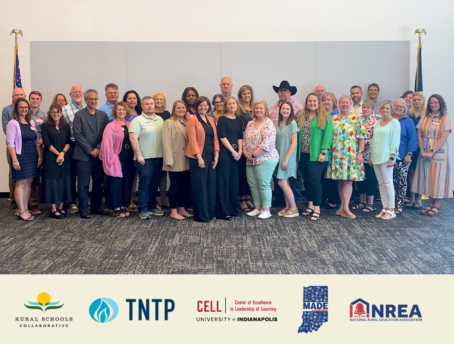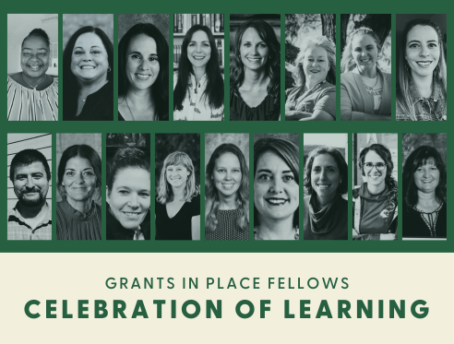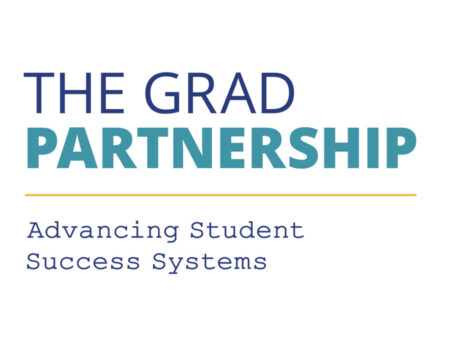Recently, the Rural Schools Collaborative Team, along with GRAD Partnership Intermediaries from North State Together (NST) had the opportunity to meet members of the leadership team working to improve student success and connectedness at Tulelake Basin High School in Tulelake, CA. Their efforts were led by Tara Wright-Baley, the school Counselor and a former graduate of Tulelake herself.
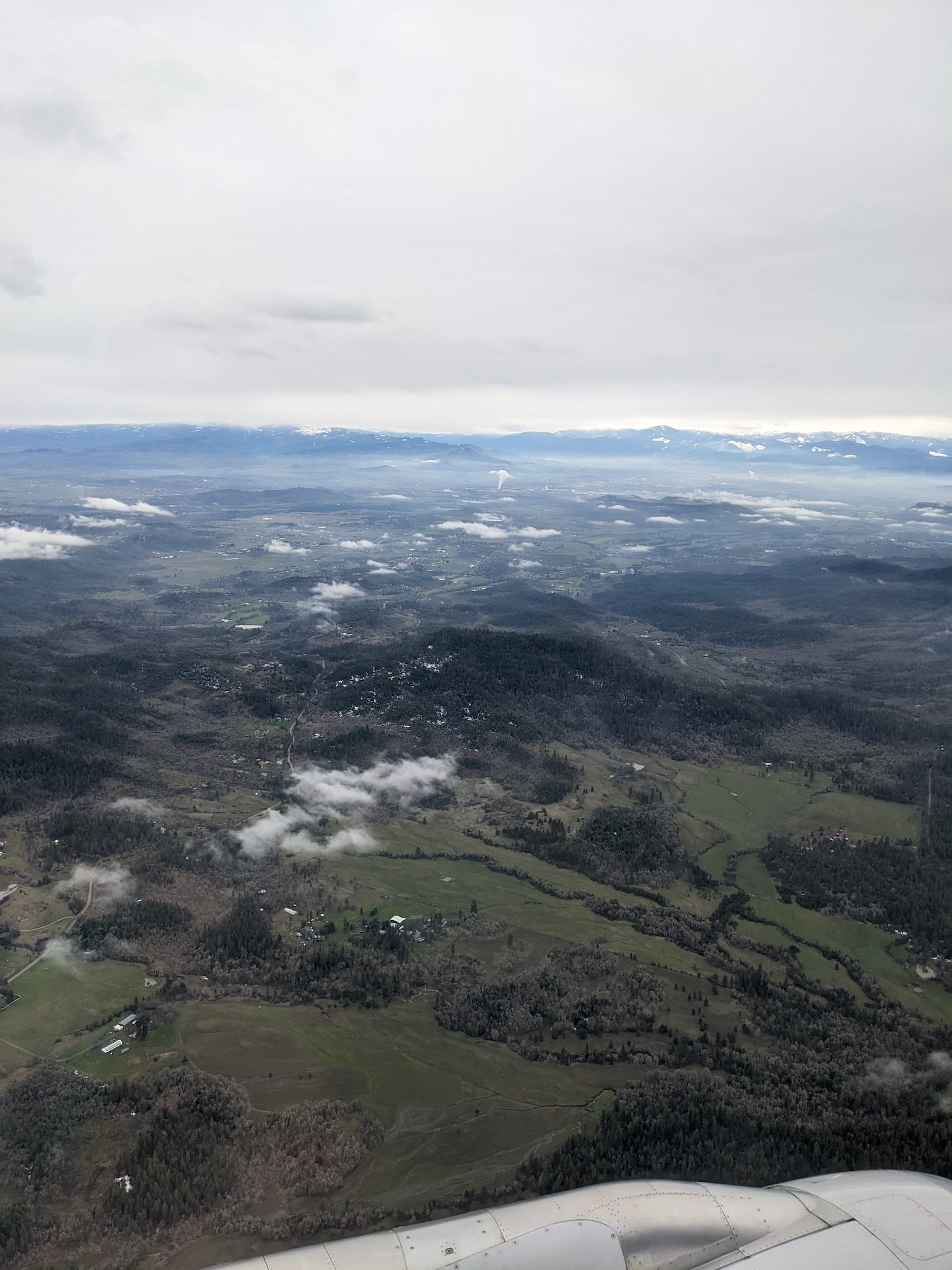
Tulelake Basin High School sits at the edge of the small town of Tulelake, CA, population 902. The surrounding area is all a former drained giant lakebed, now an agricultural basin ringed by sudden hills and ancient volcanic remnants. The town sits within earshot of the Oregon border, and the closest city is Klamath Falls, OR. A significant portion of the student population come from families working in agriculture, and 85% are hispanic.
Tulelake first joined the GRAD Partnership with the hope of improving attendance and grades. For Tara, connectedness was central to those goals: “The goal was to connect kids to our school because we were having problems with attendance and failing grades, which I'm sure a lot of schools have problems with. I liked the connectedness part because I felt like it was a big enough umbrella that we could be flexible and we could have voice from the students of what they really want and what's going to help connect them to the school.”
Tulelake is now in its second year of the GRAD Partnership, and their pilot approach to increasing connectedness has undergone multiple iterations. Tara and her team continue to find new ways to listen to student voices and innovate pathways for connection - from student rewards for positive behavior, to improving school spirit and student and family engagement in school events. “I can go to a kid and say ‘how do you think this year is going?’ and they can just flat out tell me it's better. That's the spark I've seen so far” shares Tara. The Associated Student Body, an elected leadership student council, has brought in multiple guest speakers with the intention of boosting interest and engagement in school and post-graduation careers. The council has doubled down on pep rallies and milestone events like homecoming and prom, reviving what had been lost in recent years due to the pandemic.
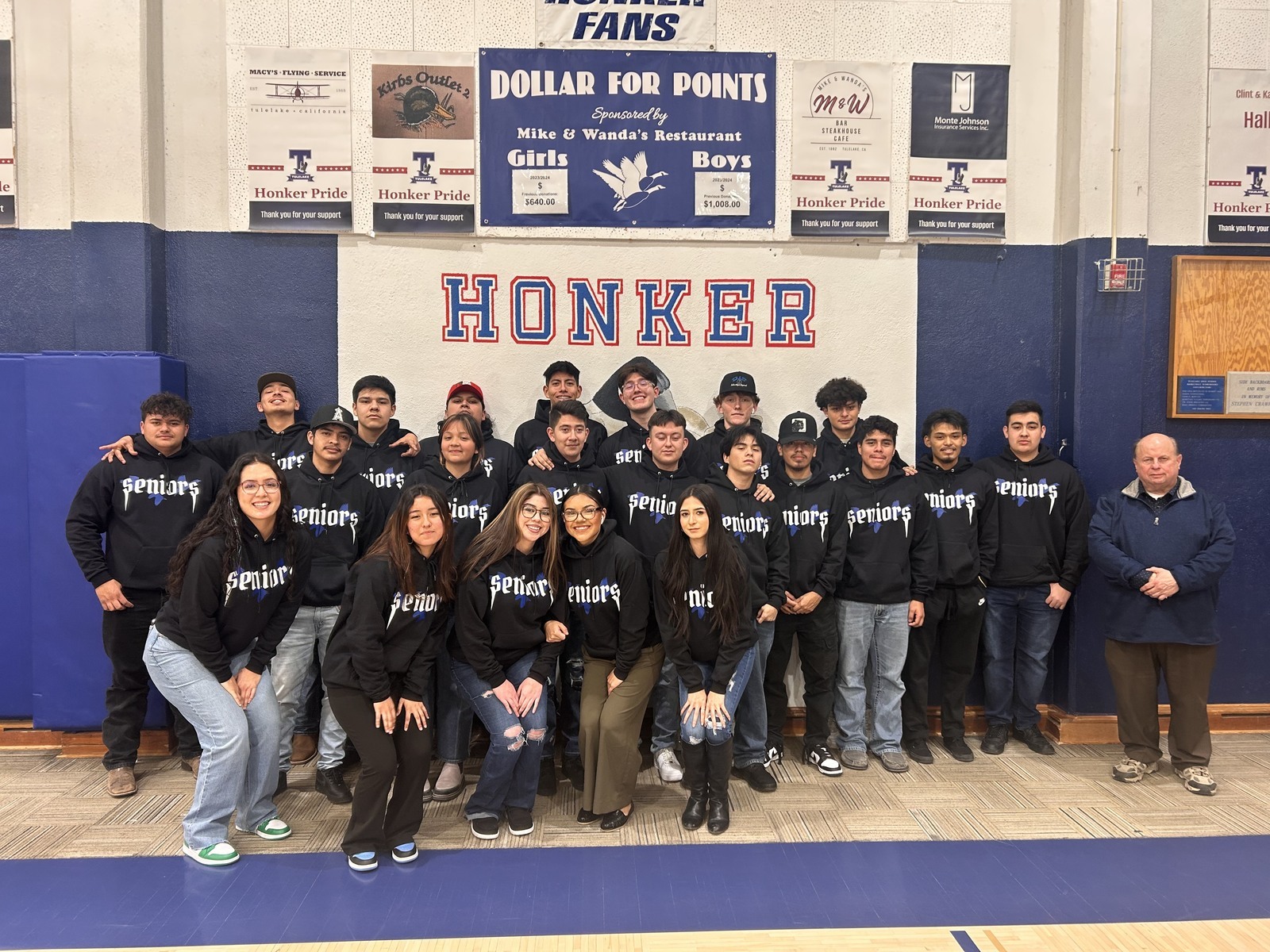
Additionally, Tara has created a mentorship program between high school underclassmen and middle schoolers. “I think it's good for those sophomores to be able to be in that leadership role. Because they went through it once, and so they're able to be like, ‘Okay, well, when I was in sixth grade, we had the same problem. And this is how we handled it,’ Tara reflects.
While it may be a bit awkward at first, that dissipates quickly, and the structure around the program allows the sophomores to build relationships. One sophomore summarized the program, and what it’s been like for him: “we just make sure they’re doing okay with grades and fit in okay. You know, not getting bullied by kids and stuff. Just that they're doing well overall, helping them stay out of trouble. It’s easier because you're a student and they kind of look up to you. Maybe in the beginning [it’s a bit awkward], but once you get to know them and get comfortable, it’s a little easier. We'll see them during school and we'll just talk to them in person, and do a little icebreaker with them.”
Tara has seen better attendance from high school lowerclassmen, and the ASB student council students have shared positive peer feedback about the renewed focus on team-building and school spirit. During the site visit, the ASB students noted that a significant portion of the increased morale on campus is due to an honest and clear willingness to listen to the student body. Another student, a graduating senior, puts it best: “If it's just the adults and the teachers that have a say in what the students should be doing, they're less compelled to also voice their opinions on what they would like to do. It's good that our students can tell them what we would like to do . . . So it kind of helps to have a little bit more creative freedom.”
Special thanks to Tara Wright-Baley and Tulelake Basin High School for being a part of RSC’s GRAD Partnership for Student Success cohort in the Northern California region, and Susan Schroth at the North State Together and Shasta College. Learn more about the GRAD Partnership here.

